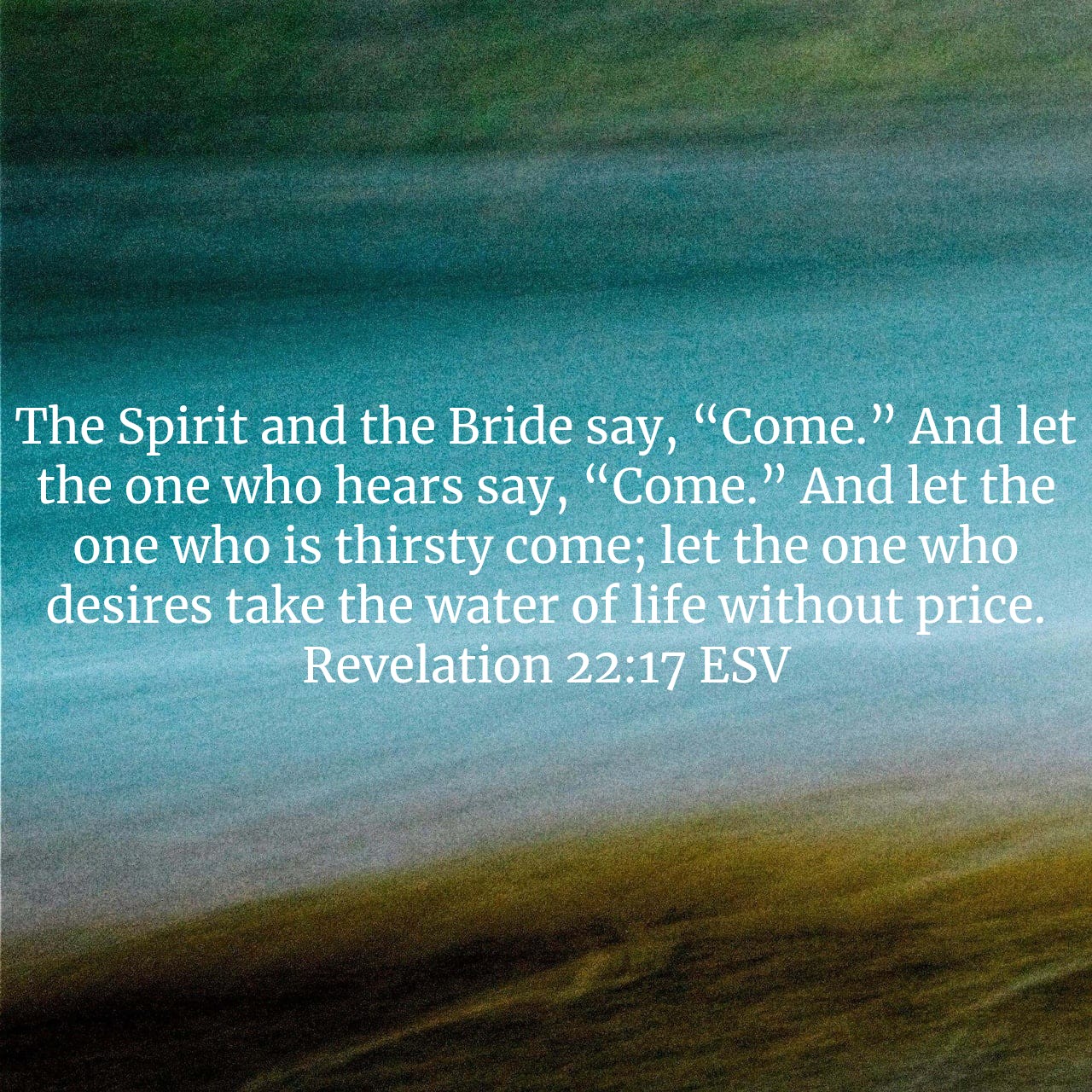Devotional 20 May 2025

As Revelation draws to a close, Jesus speaks one final time. He identifies Himself as “the root and the descendant of David,” the source of David’s line, and the fulfillment of its promise (Isaiah 11:1–10; Romans 1:3–4). He is both origin and goal. But He also says something striking: He is “the bright morning star.” Not only has He come, He has inaugurated a new day.
In Genesis 1, the days are marked: “There was evening and there was morning.” This pattern shaped all of Israel’s life, including temple worship. Each evening, the priest would tend to the menorah, ensuring that the light would not go out through the night (Exodus 27:20–21). Likewise, in Revelation 1, Jesus is seen walking among the lampstands—tending His churches, keeping their light alive through the darkness of history.
But now, at the close of the book, the morning has come. A new creation dawns, a new day: “today.” As Hebrews 3 reminds us, as long as it is called “today,” we are to encourage one another not to harden our hearts (Hebrews 3:13, 15), but to hear His voice and respond. Today is the day of salvation (Isaiah 49:8; 2 Corinthians 6:2). The time is not in some distant future—the invitation is now.
And what is that invitation? It is universal and urgent: “The Spirit and the Bride say, ‘Come!’” This is the voice of the Holy Spirit and the Church in unison, calling to all who will hear. Let the one who thirsts come and drink freely of the water of life. This echoes Isaiah 55:1, “Come, everyone who thirsts… without money and without price.” Jesus Himself promised in John 7:37, “If anyone thirsts, let him come to Me and drink.” The gospel offer is full, free, and flowing.
Jesus is the Shepherd calling to His sheep “My sheep hear My voice, and I know them, and they follow Me. I give them eternal life…” (John 10:27–28). And He promises not to turn away any who come (John 6:37). Will you hear His invitation? Will you drink of the water?
As we read this book and keep its words, we join that heavenly and missionary chorus: Come! We become ambassadors of reconciliation (2 Corinthians 5:20), bearing witness to the world that the doors to the New Jerusalem are open now—its waters ready for all who thirst. Revelation is not meant to confuse us with symbols, but to reveal Jesus, the One who loves us and gave Himself for us. As Revelation 1:1 says that this is, “the revelation of Jesus Christ.”
The book ends with a solemn charge: do not add to or take away from the words of this prophecy. The Word of God is perfect, sufficient, and powerful—able to make us wise for salvation (Romans 1:16; 2 Timothy 3:15–17). We need not add attack helicopters, current news, or our anxieties to it. In an age of distortion and distraction, we are called to be faithful to the Word.
So now, at the close of Scripture, the call echoes once more. Jesus is coming soon. Not just in to judge all mankind, but in glory. Not just to end history, but to fulfill it. And until that day, the Church shines like stars in the dark (Philippians 2:15), calling out to the nations:
“Come! Be reconciled to God. Drink freely of the water of life!”
Amen. Come, Lord Jesus.